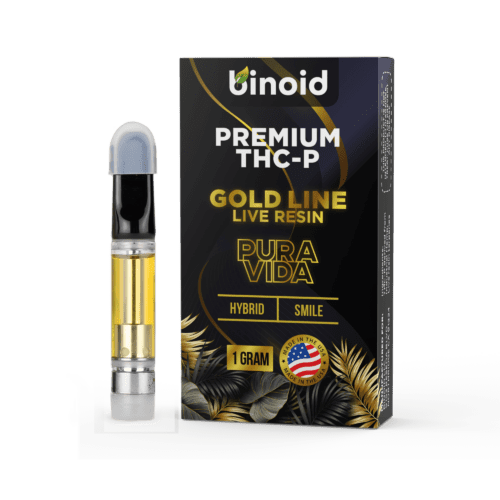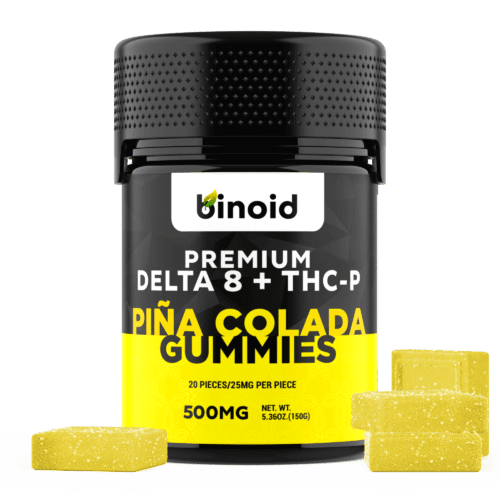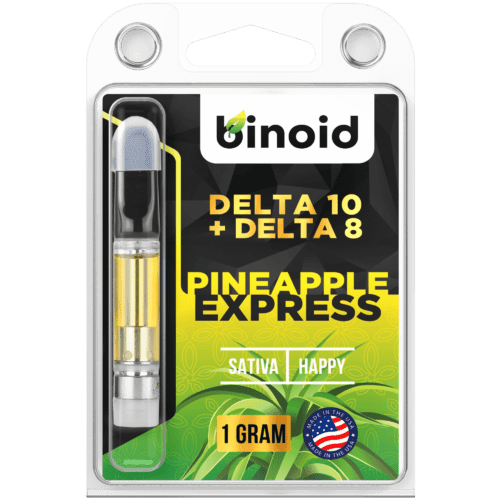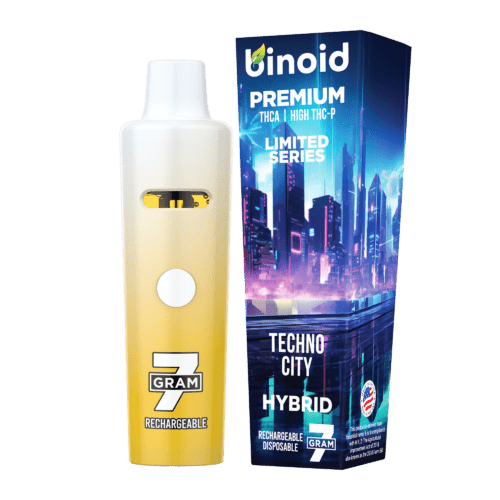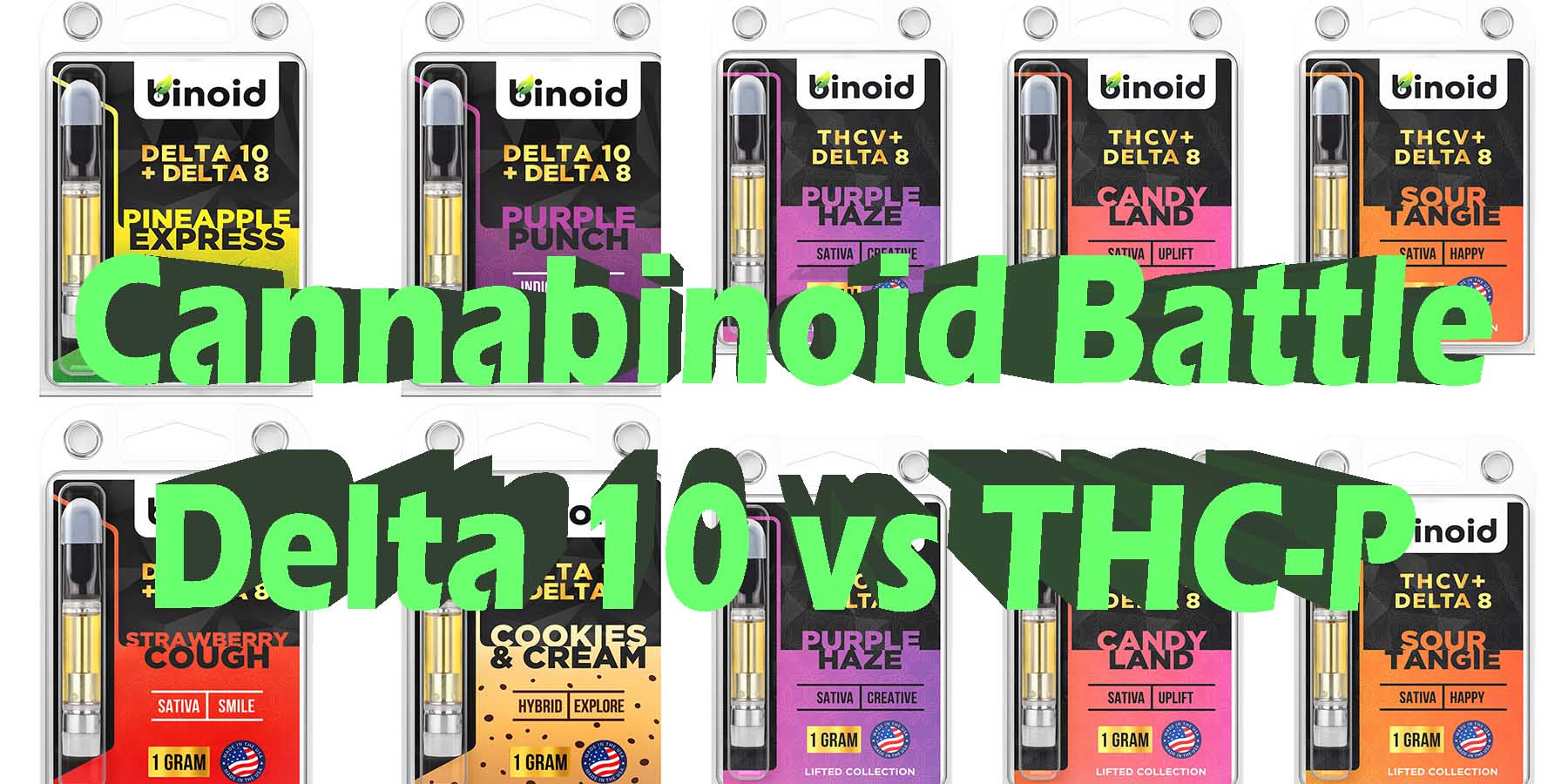
Delta 10 Cannabinoid vs. THC-P Cannabinoid: Which Is Better?
We are witnessing an influx of cannabinoids are emerging on the market, showing the truly diverse nature of the chemical composition of the hemp plant. While each cannabinoid sold at Binoid is federally compliant and nontoxic, users naturally want to know what to expect prior to buying each one, especially when it comes to psychoactive cannabinoids. Two of the most popular options available today are delta-10 tetrahydrocannabinol (delta-10 THC) and tetrahydrocannabiphorol (THC-P). Both compounds are intoxicating, but overall, their effects differ from one another dramatically enough to make the user want to consider each one carefully.
TO BUY DELTA 10 &THC-P PRODUCTS CLICK HERE
Why Choose Delta 10 THC?
Delta 10 Origin
Unlike many cannabinoids that we’ve known about for decades, delta-10 THC is very new to our awareness. It was discovered by accident, when cannabis farmers tested crops that were grown on newly purchased land. Because the crops had been exposed to a flame retardant, they had unusually high levels of delta 10. Keep in mind that delta-10 on today’s market is produced using far cleaner methods.
Delta 10’s Psychoactive Properties
Similarly, to delta 8 THC, delta-10 THC is known for being about 30% less intoxicating than delta 9 THC, meaning that its high is milder than that which is associated with marijuana. It’s also capable of helping the user maintain mental clarity, which makes it unique from delta-9-tetrahydrocannabinol (delta-9 THC) but similar to delta 8.
However, delta 8 is known for being very mellowing, and delta 10 is the opposite. Often compared to the effects of a sativa strain, delta-10 might be more uplifting, which is why most users prefer it during the daytime.
Delta 10’s Non-Psychoactive Properties
Delta 10 THC is simply too new for us to have a grasp of its many properties outside of its obvious ability to get a user high. We do know that because it is a cannabinoid, it works with the endocannabinoid system (ECS) in a way that helps enhance the body’s sense of equilibrium. However, no research has yet been done on the specifics of these effects. Delta 10 also likely sticks mostly to CB1 receptors, which pertain more to the nervous system functions, just like delta 8 does.
Purpose for Taking Delta 10
Delta-10 THC is taken for its psychoactive properties, as its other properties are currently unknown. The psychoactive effects associated with delta 10 are known to be uplifting, which is one major reason why users choose it over other cannabinoids.
Why Choose THC-P?
THC-P Origin
Tetrahydrocannabiphorol is the other brand new cannabinoid on the market, which is something it shares in common with delta-10 THC. It was first discovered by researchers in late 2019, when advanced chromatographic techniques exposed it in the hemp plant. As it stands, THC-P is the “newest” cannabinoid on the market, although it is a naturally occurring cannabinoid in the hemp plant.
THC-P’s Psychoactive Properties
Like delta-10 THC, tetrahydrocannabiphorol is a CB1 agonist, meaning that it offers a psychoactive response. But, it binds to CB1 receptors at about 31x the rate of delta 9 THC, which means that the high can be extremely powerful – the most potent out of any known cannabinoid. This would make it significantly more intoxicating than delta 10 THC. The high seems to feel a lot like that of delta 9, but only stronger, meaning strong sensations of euphoria and inner bliss combined with a loss in mental clarity and a potential for grogginess.
THC-P’s Non-Psychoactive Properties
Tetrahydrocannabiphorol has been around for a little over two years, so you can imagine that there is not a lot of research on its overall properties. Only one study has been done on THC-P, and it was performed by the same research team that first discovered it. This research shows us that THC-P seems to largely mimic the effects of delta 9 THC that pertain to nausea, appetite, pain, sleep and mood, but perhaps more strongly due to its unique ability to bind to CB1 receptors so strongly. If you’re a fan of delta 9 and desire something potentially stronger, therefore, THC-P may be worth exploring.
Purpose for Taking THC-P
THC-P is mostly taken by those who are intrigued by the idea of such a psychoactive cannabinoid. Also, its potential to offer so many effects similar to those of delta 9 THC makes it uniquely appealing to delta 9 enthusiasts.
What is the Legality of Delta 10 THC and THC-P?
When the United States passed the 2018 Farm Bill, delta-10 THC and tetrahydrocannabiphorol became federally legal hemp derivatives under a blanket legalization of the hemp plant. But, since then, twelve states have banned delta 8 THC, the first psychoactive hemp derivative to hit the market, and it should be assumed that delta 10 and THC-P are illegal in the following same states:
- Alaska
- Arizona
- Arkansas
- Colorado
- Delaware
- Idaho
- Iowa
- Mississippi
- Montana
- Rhode Island
- Vermont
- Utah
What Products Do/Will Delta 10 THC and THC-P Come in?
Since both delta 10 and THC-P are converted into extracts, they both come in a wide array of product types that offer a unique type of cannabinoid experience.
- Vape Carts: Vape carts attach to rechargeable, 510-threaded vape pens, and consist of pure cannabinoid extracts blended with terpenes in various strains.
- Disposable Vapes: Disposable vapes are all-in-one vape kits that never need to be charged or otherwise maintained, offering the same strain selection as vape carts.
- Tinctures: Tinctures are oil-based formulas that are meant to be absorbed sublingually, arriving in convenient dropper bottles.
- Edibles: Edibles offer the longest-lasting effects and a stronger body high sensation, while coming in many great flavors.
- Flower: Flower is hemp flower buds that are infused with a pure cannabinoid extract, and they come in many strain options available in either loose bud or pre-roll form.
- Dabs: Dabs are concentrates that are best for experienced users due to their extremely high potency levels.
- Capsules: Capsules are encapsulated cannabinoid oils that behave just like edibles.
Extra Comparison Notes:
- Both delta 10 and THC-P are intoxicating, but the high associated with each one is quite unique. Do not assume that because you have a decent tolerance to one, that you can equally tolerate the other. Go slowly with each cannabinoid to work up a tolerance instead.
- The intoxication you feel depends largely on the cannabinoid itself, but other influencing factors include dosage, delivery method, strain and your body’s unique tolerance.
- Both cannabinoids are metabolized by the THC-COOH enzyme that is also responsible for metabolizing delta 9 THC. THC-COOH is the enzyme that is searched for in a standard urine test, meaning that either cannabinoid can result in a failed test result.
- You should never drive under the influence of any psychoactive cannabinoid in the hemp plant as they can impair your driving abilities.
Final Decision: Delta 10 THC and THC-P – Which is the Right Cannabinoid for Your Needs?
Delta-10 THC and tetrahydrocannabiphorol are two very different cannabinoids that can each deliver a dreamy hemp experience in their own special way. Which one you choose really comes down to what it is that you want out of your hemp experience, as they’re each valuable as derivatives of the hemp plant.
At Binoid, you can check out these cannabinoids, as they are all made with lab-tested hemp and clean ingredients. We’re certain that you’ll be able to enjoy each compound’s full potential thanks to our strict quality standards and ultra-fresh formulas.
TO BUY DELTA 10 &THC-P PRODUCTS CLICK HERE
-
Product on sale
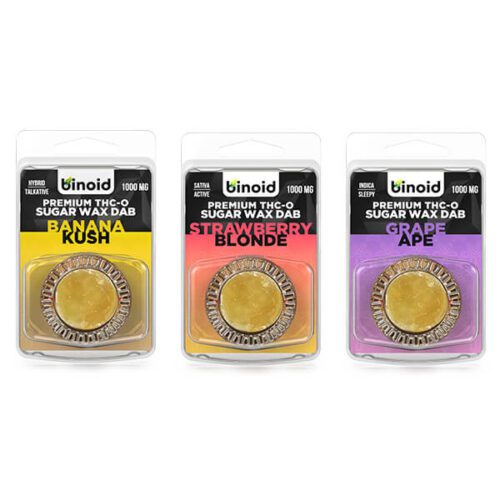 THC-P Sugar Wax Dabs – Bundle$53.99
THC-P Sugar Wax Dabs – Bundle$53.99$137.99 -
Product on sale
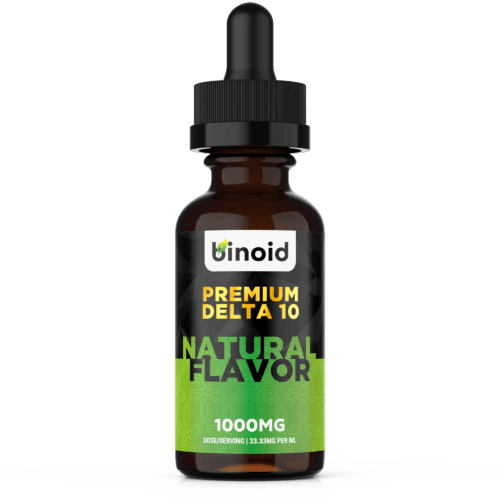 Delta 10 THC Tincture (1000mg, 2500mg, 5000mg)$27.99
Delta 10 THC Tincture (1000mg, 2500mg, 5000mg)$27.99$79.99 -
Product on sale
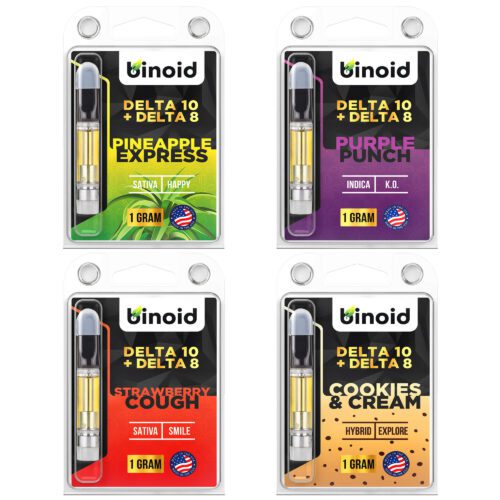 Binoid Delta 10 THC Vape Cartridges – Bundle$93.99
Binoid Delta 10 THC Vape Cartridges – Bundle$93.99$199.96

